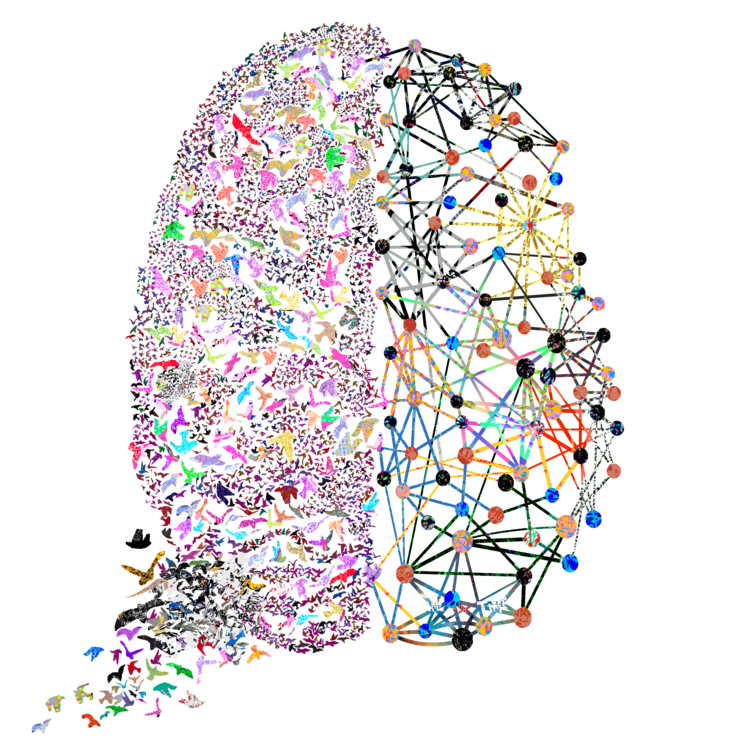Aims
The Batista-Brito lab investigates how specific neuronal cell types, giving emphasis to GABAergic inhibitory neurons, and associated circuits mature and orchestrate the processing of cortical information related to behavior. We have establish two major research lines:
We investigate how postnatal development of inhibitory function shapes the way sensory information is processed in the cortex, in the context of health and disease. Perception depends on the adaptive function of various cortical areas comprised of many types of cells, and synaptic connections that develop on a long timescale. During development, neural networks must grow from a state of zero connectivity to the precisely interconnected circuits characteristic of the adult brain. The activity of GABAergic inhibitory neurons during postnatal development is likely to mediate synaptic refinement, reducing synchrony and enhancing precision in the mature network. Accordingly, dysregulation of inhibitory neurons has been linked to several neurodevelopmental disorders. Addressing these questions will identify key developmental processes, elucidate fundamental mechanisms by which sensory information guides behavior, and potentially provide new biomarkers for neuropsychiatric diseases.
We investigate the mechanisms by which contextual modulations are implemented in cortical circuits. We focus on contextual influences of global behavioral/arousal state (e.g. how alert am I?), sensory predictions (e.g. which stimuli do I expect?), and top-down attention (what is relevant to me?). We ask what are the essential neuron classes, giving emphasis to GABAergic inhibitory neurons classes, responsible for translating neuromodulatory signals into changes in sensory processing and perception. By focusing on the circuit mechanisms of contextual modulation operations, we may begin to understand how mutations in GABAergic inhibitory neurons and alterations in neuromodulatory signaling lead to specific deficits of information processing in neuropsychiatric disease.
Join the Team
We are currently recruiting motivated postdocs and research trainees. We will consider anyone who is enthusiastic about our research, however applicants with a background in electrophysiology, two-photon imaging and computer science are particularly encouraged to apply.
